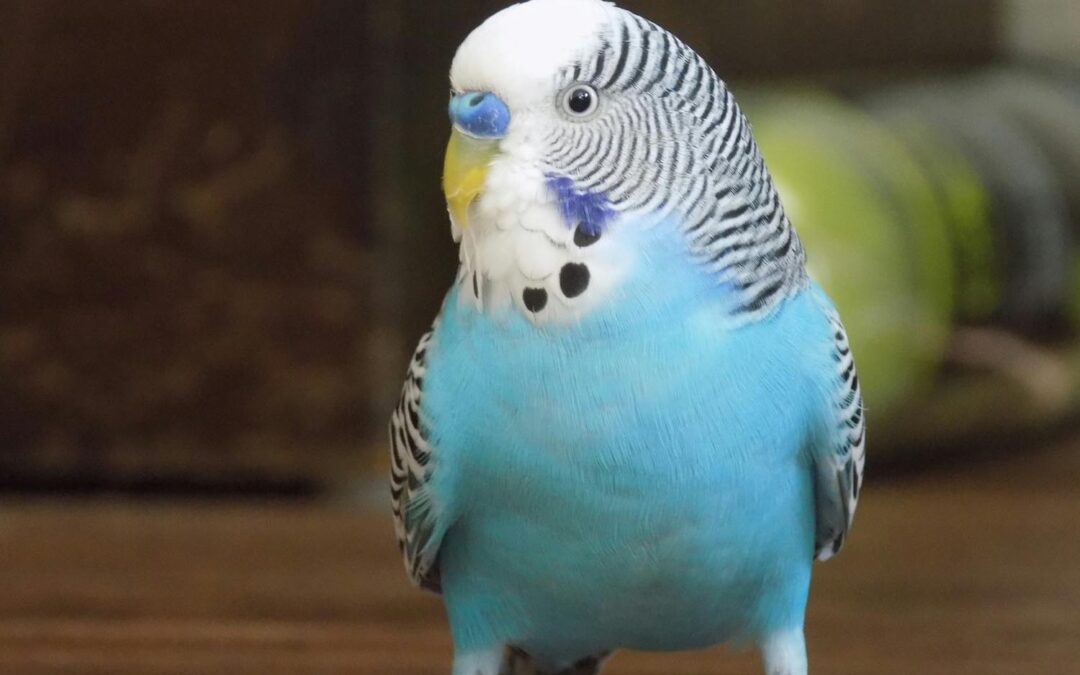Birds are fascinating, intelligent companions that bring joy and vibrancy to their owners’ lives. However, caring for birds comes with its unique challenges, and unfortunately, a host of myths and misconceptions often cloud the understanding of what these beautiful creatures truly need. By debunking these myths, bird owners can ensure their feathered friends live long, healthy, and enriched lives. Let’s dive into the truth behind some of the most common myths about bird care.
1. Bird Diet Myths
MYTH:
Birds only need seeds for a healthy diet.
TRUTH:
A seed-only diet is one of the most common mistakes bird owners make. While seeds can be part of a bird’s diet, they are often high in fat and lack essential nutrients. Birds, like parrots or cockatiels, need a variety of foods to thrive.
A balanced diet for pet birds should include fresh fruits, vegetables, and specially formulated pellets designed to meet their nutritional needs. For example, leafy greens, carrots, apples (seedless), and even small portions of cooked grains can provide essential vitamins. Avoid foods like avocado, chocolate, and caffeine, which are toxic to birds.
A proper diet can help prevent health issues such as obesity, vitamin deficiencies, and liver disease. If you’re unsure about your bird’s diet, consulting our avian vet in Oakdale can help you tailor a nutrition plan suited to your bird’s species.
2. Bird Cage Myths
MYTH:
Birds are fine in a small cage as long as they have food and water.
TRUTH:
A spacious cage isn’t a luxury; it’s a necessity. Birds are active creatures that need room to stretch their wings, climb, and move around freely. A cramped cage can lead to physical and mental health problems.
When choosing a cage, consider its size relative to your bird. For example, parrots require larger enclosures with enough vertical and horizontal space. Additionally, enrich the cage with perches, toys, and foraging opportunities. Birds thrive on mental stimulation, so providing new toys or rearranging their environment can keep them engaged.
Even with a roomy cage, birds need daily out-of-cage time to exercise and interact with their humans. Allowing them to explore safely in a bird-proofed area can improve their physical and emotional well-being.
3. Bird Health Myths
MYTH:
Birds don’t need regular veterinary care unless they look sick.
TRUTH:
Birds are masters at hiding signs of illness, a survival instinct from their wild counterparts to avoid appearing vulnerable to predators. By the time a bird shows visible signs of being unwell, the issue could be advanced and more challenging to treat.
This is why regular wellness exams with an experienced avian veterinarian in Minnesota are crucial. A vet can identify subtle health concerns, assess your bird’s diet and lifestyle, and recommend preventive care measures, such as screening bloodwork and/or radiographs. At Homey Gnome Veterinary Clinic, we specialize in avian wellness and can help ensure your bird’s optimal health.
4. Bird Behavior Myths
MYTH:
Parrots mimic speech without understanding their owners.
TRUTH:
Parrots and other talking birds don’t just mimic sounds—they are incredibly intelligent creatures capable of forming emotional bonds with their owners. While their vocalizations might seem like mere repetition, birds often communicate their needs, emotions, and excitement.
For instance, a parrot might mimic “Hello!” when you enter the room as a greeting. Understanding your bird’s behavior and vocal patterns can help strengthen your bond and address any issues that arise. Birds that display excessive screaming or feather plucking may be showing signs of stress or boredom, which can often be alleviated with environmental enrichment and proper socialization.
5. Bird Breeding and Nesting Myths
MYTH:
Providing a nest automatically makes a bird want to breed.
TRUTH:
While some birds might explore a nest, breeding behaviors are influenced by several factors, including diet, light exposure, and environmental conditions. Providing a nest doesn’t mean your bird will instantly want to reproduce.
If your bird begins exhibiting breeding behaviors, such as territorial aggression or egg-laying, it’s important to manage these tendencies carefully. You can reduce breeding triggers by limiting high-fat foods, minimizing exposure to artificial daylight cycles, and removing nest-like objects if not needed. If you’re concerned, consult our avian veterinarian for guidance.
Fact-Checking for Better Bird Care
Caring for a bird involves more than just providing food and shelter—it requires understanding their unique needs and behaviors. Separating fact from fiction is essential to ensure their health and happiness. If you have questions about bird care or need expert advice, schedule an avian wellness exam with Homey Gnome Veterinary Clinic today. Call us at (651) 202-3388, and let our team of experts help you keep your feathered companion thriving.
Image credit: Unsplash


